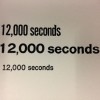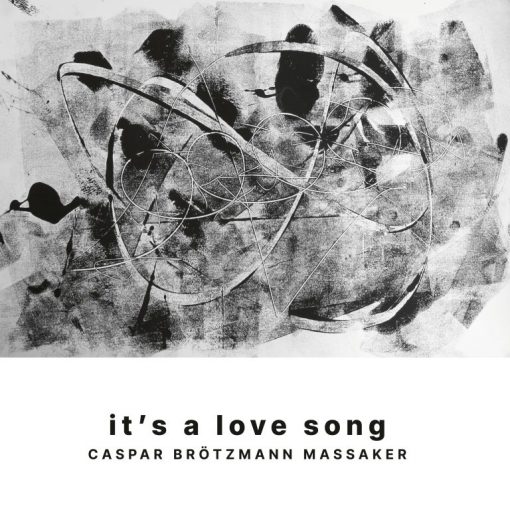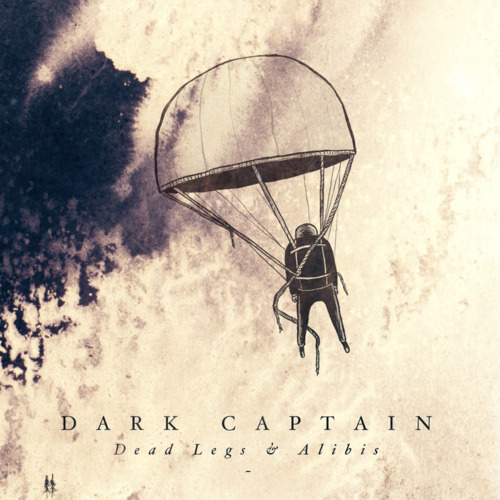 Of Human Bondage; salvation through restriction. An intriguing premise, where all the artists in the series were given not just the limitation of time per se but the ultra-specific requirement of actual track times (0:06, 0:23, 1:11, 2:37, 3:03, 3:14, 4:20 and 6:06) to conform to. It doesn’t matter if the actual mathematics is wrong, that it’s 60 seconds over. The extra minute seems necessary.
Of Human Bondage; salvation through restriction. An intriguing premise, where all the artists in the series were given not just the limitation of time per se but the ultra-specific requirement of actual track times (0:06, 0:23, 1:11, 2:37, 3:03, 3:14, 4:20 and 6:06) to conform to. It doesn’t matter if the actual mathematics is wrong, that it’s 60 seconds over. The extra minute seems necessary.
Equally, there’s often an edge to the frailty of Ashley Paul’s music that can occasionally rise up and take her gentle melodies over. Her voice is big on this release, multi-tracked, echoed. On “Take” it is recorded very loud, forcibly competing (and winning) against the clang and hum of her guitar work and, importantly, against the silence that enfolds all of her songs. She’s not afraid of silence and some of this would work acts as an alternative to Mica Levi’s Under The Skin soundtrack. You could slip into black water and disappear forever.
But to return to the beginning, the reason why these two artists work so well in this format is that their music is meticulously open-ended and amorphous (not simply open-ended and amorphous). The impositions simply serve to force their slippery patterns into recognisable shapes, as bondage facilitates sexual freedom through a lack of choice, as physical constraints ease psychic ones. This is all kinky stuff and with an air of mischievousness that makes you think it’s intended to be.-Loki-



